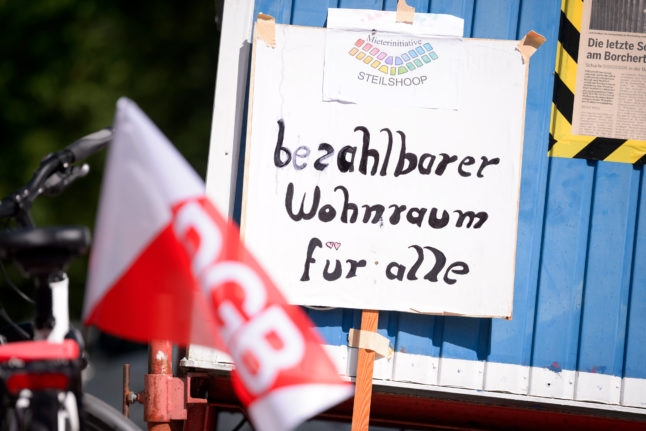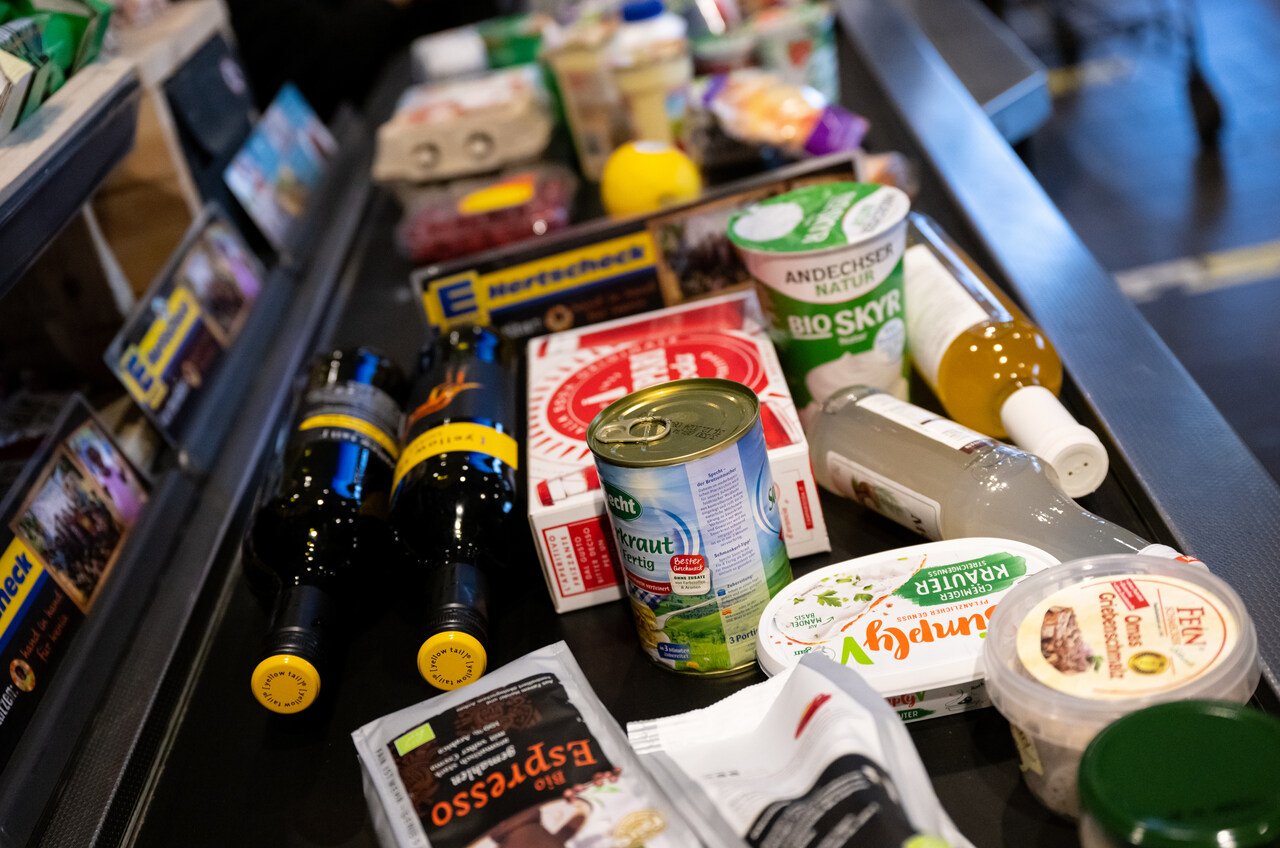The German’s Tenants’ Association is calling on the government to put together a new energy relief package to help renters deal with spiralling energy costs.
Gas has become an increasing scarce resource in Germany, with the Economics Ministry raising the alert level recently after Russia docked supplies by 60 percent.
The continued supply issues have caused prices to skyrocket. According to the German import prices published on Thursday, natural gas was three times as expensive in May 2022 as it was in May a year ago.
In light of the exploding prices, the German Tenants’ Association is putting the government under pressure to offer greater relief for renters.
READ ALSO:
- Germany may place caps on gas use in winter, warns minister
- How much money will you get from Germany’s energy relief measures?
Proposals on the table include a moratorium on terminating tenancy agreements and a permanent heating cost subsidy for all low-income households.
The Tenants’ Association has argued that nobody should face eviction for being unable to cope with soaring bills and is urging the government to adjust housing benefits in line with the higher prices.
Gas price cap
Renters’ advocates have also joined a chorus of people advocating for a cap on consumer gas prices to prevent costs from rising indefinitely.
Recently, Frank Bsirske, a member of the parliamentary Green Party and former head of the trade union Verdi, spoke out in favour of capping prices. Bavaria’s economics minister and Lower Saxony’s energy minister have also advocated for a gas price cap in the past.
According to the tenants’ association, the vast majority of tenants use gas for heating and are directly affected by recent price increases.
At the G7 summit in Bavaria this week, leaders of the developed nations discussed plans for a coordinated cut in oil prices to prevent Russia from reaping the rewards of the energy crisis.
In an initiative spearheaded by the US, the group of rich nations agreed to task ministers will developing a proposal that would see consumer countries refusing to pay more than a set price for oil imports from Russia.
READ ALSO: Germany and G7 to ‘develop a price cap’ on Russian oil
A gas price cap would likely be carried out on a more national level, with the government regulating how much of their costs energy companies can pass onto consumers.
Strict contract laws preventing sudden price hikes mean that tenants in Germany are unlikely to feel the full force of the rising gas prices this year
However, the Tenant’s Association pointed out that, if there is a significant reduction in gas imports, the Federal Network Agency could activate an emergency clause known as the price adjustment clause.
This would allow gas suppliers to pass on higher prices to their customers at short notice.
The Tenants’ Association has warned that the consequences of an immediate market price adjustment, if it happens, should be legally regulated and socially cushioned.
In the case of the price adjustment clause being activated, the government would have to regulate the costs that companies were allowed to pass onto consumers to prevent social upheaval.





 Please whitelist us to continue reading.
Please whitelist us to continue reading.
Member comments